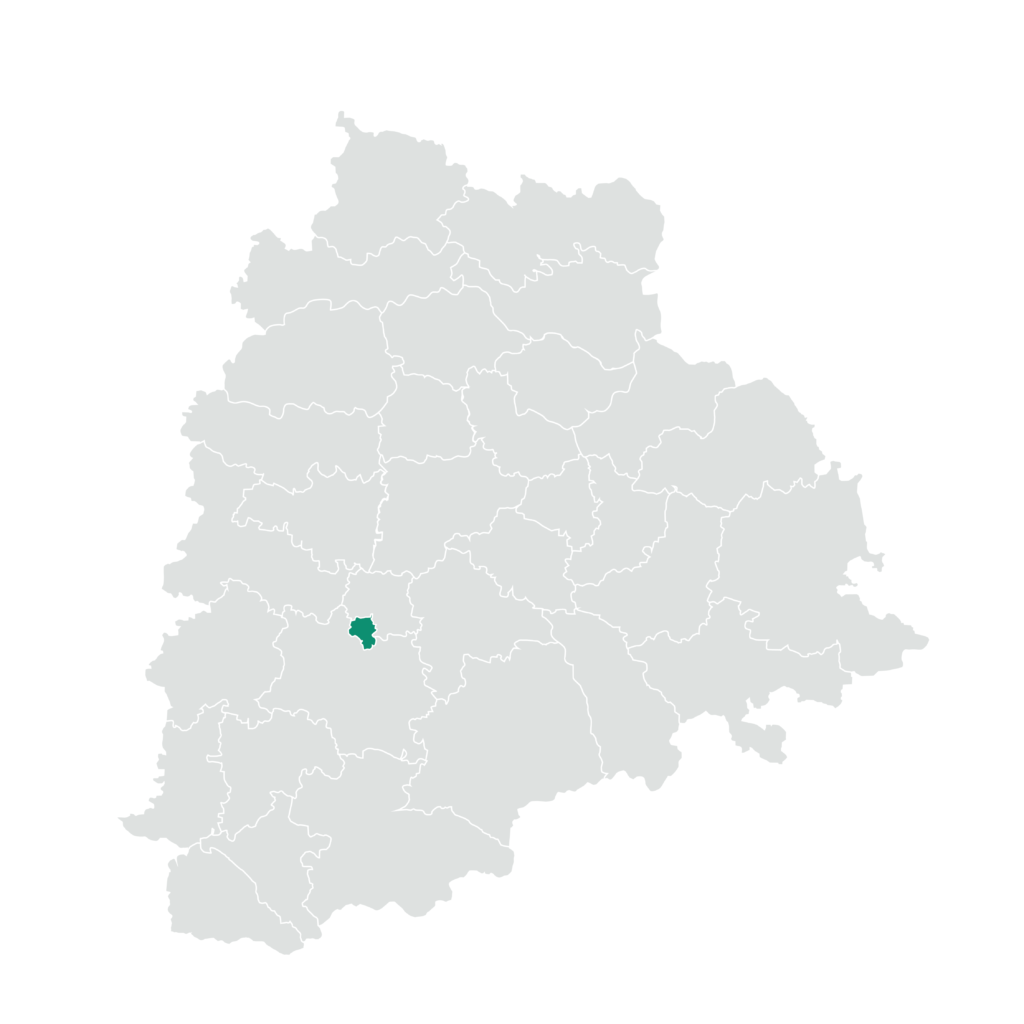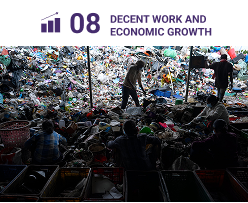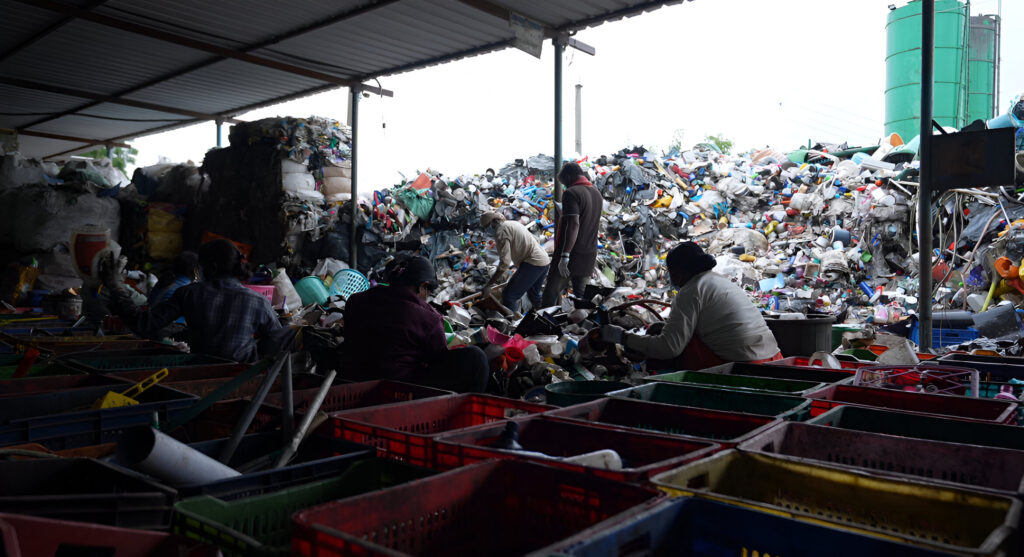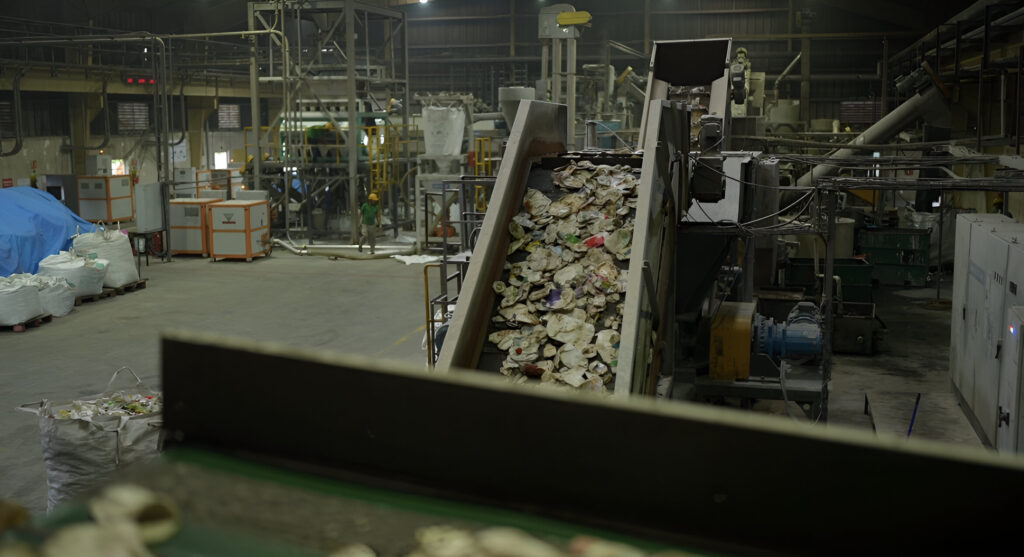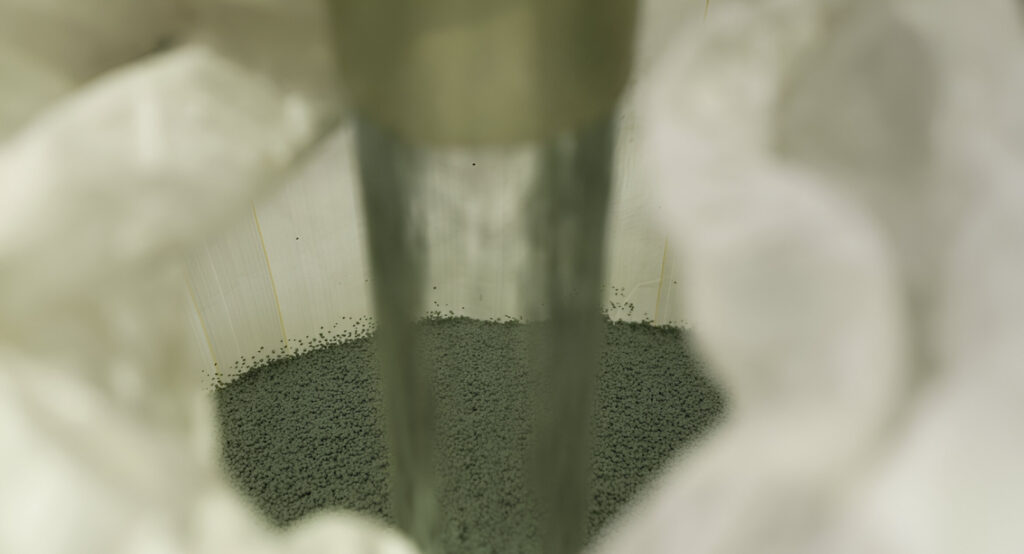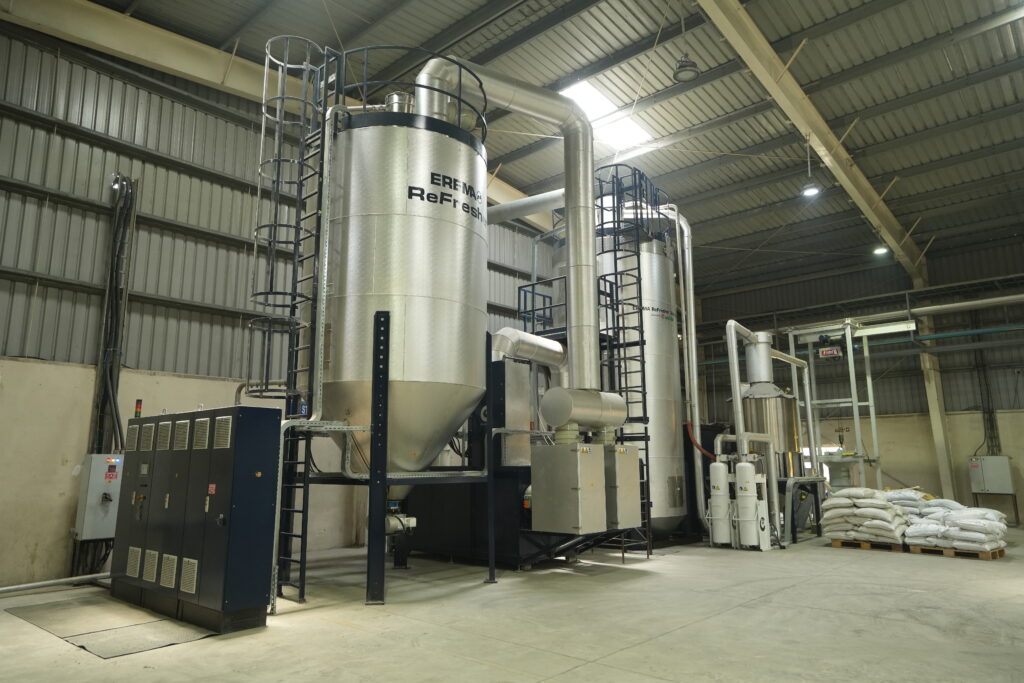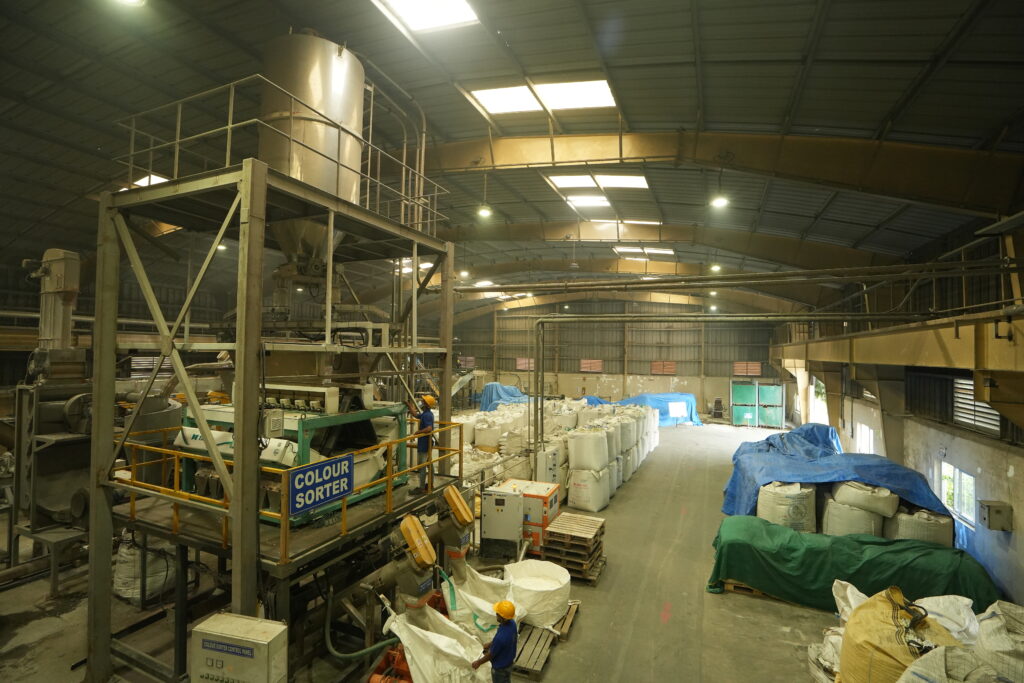Carbon Credits for Sustainable Development
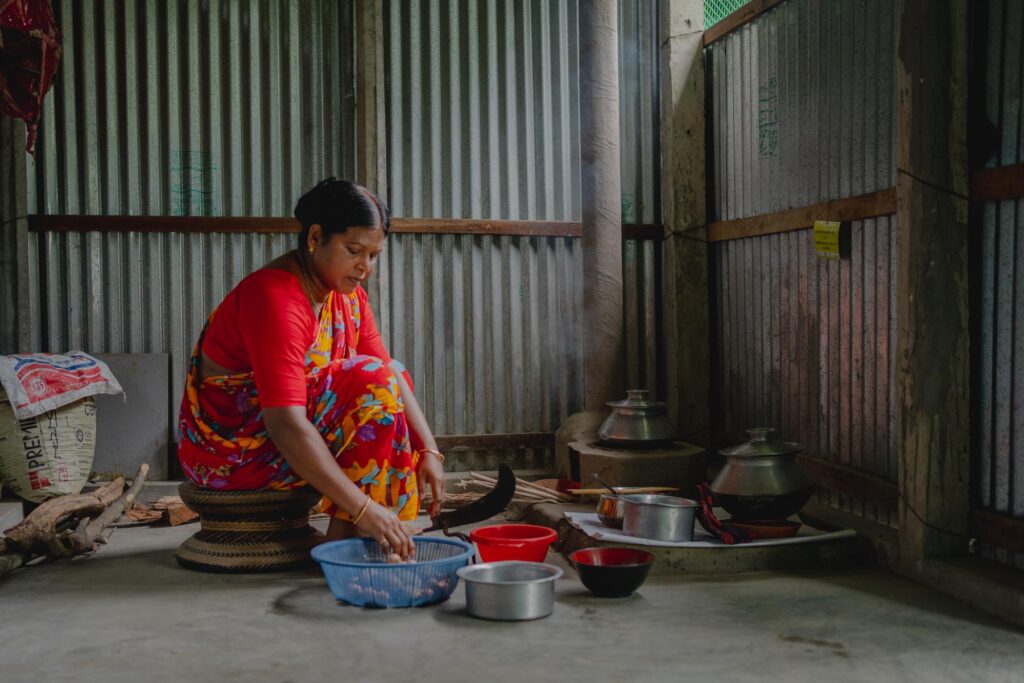
Gajra Thakur's
Story

Working at the recycling facility has been transformative, offering me daily training to improve my skills in sorting plastics and ensuring precision. The company prioritizes our safety with regular safety sessions and provides essential benefits like health insurance, timely payments, bonuses, Provident Fund (PF) contributions, and transportation. I feel supported and secure, knowing the project cares for my well-being and growth.
Gajra Thakur
Hyderabad, Telangana, India






